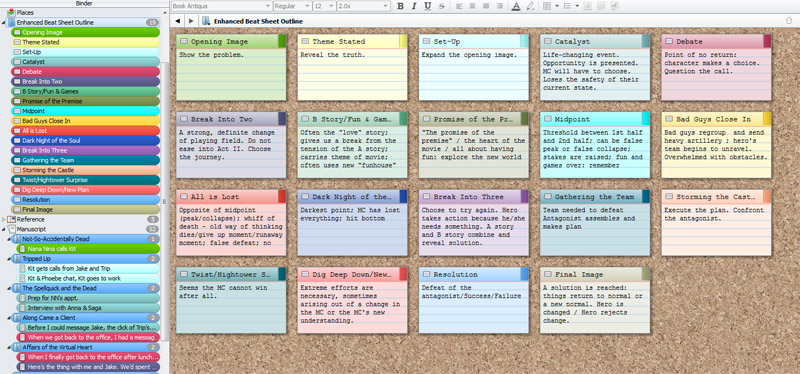No, this is not a post about knitting or weaving…at least, only figuratively.
This week I’ve been struggling to pick up an unfinished manuscript and get it moving forward again. I wrote over 50k words of a second Magica Incognita novel last November, and expected to finish the first draft early this year with an eye to rewriting and editing in the spring, and maybe a publication date this past summer.
Well, due mainly to consuming family issues, nothing beyond projects I had outside commitments for happened from early spring to fall this year. I’m very pleased that I was able to keep all of those commitments…but other projects fell by the wayside.
I’ve said before that the key to a really successful NaNoWriMo draft is getting to “the end.” It doesn’t matter how much work that manuscript will take in revisions and rewrites and adding new subplots and taking it apart and putting it back together again–it’s all easier if you have a finished first draft that has a beginning, a middle, and an end.
Well, I didn’t get anywhere near “the end” of The Chaos Assassin. And the intervening ten months or so have effectively blurred the progression of plots and clues and conversations in my mind so that I sat down at my desk this week not really knowing where to start. Reading through the existing manuscript was a good place to start, of course, as well as reviewing all my notes and mind maps. I also made a timeline of the existing events in Aeon Timeline, a program I recently purchased. Seemed like a good way to try it out, and so far, I like it.
But even all of that didn’t get the story back in my head the way it was when I was writing that first draft. I still feel like I’m floundering around with a fistful of plot threads and no clear idea what to do with them.
So I am going to try making an outline.
Yup, me. Making an outline. Weird, right? Not just of what’s already written–I usually do that anyway, after the fact or as I go along, because it’s invaluable for rewrites later. No, I’m going to go further. I’m going to catch up to where I have written and keep going. Plan out the rest of the novel and then write it.
My head’s almost exploding at this point.
Since I’m not an outliner by nature, I decided to get a little help by looking at various outlining methods online. I wasted spent a fair bit of time perusing articles, charts, worksheets, etc., but in the end came back to one I’d looked at before and that sort of spoke to me: Blake Snyder’s Beat Sheet. Actually, an enhanced version of it by Tom Gowan. And a little bit of Dan Wells’ 7-Point Story Structure and a Scrivener version thrown in for good measure. No, I’m not dedicated to following it rigidly–just to using it as a guide to help put the manuscript back into perspective for me and assist me in finding my way forward.
So here we go. If nothing else, it’s colourful and pretty!





































